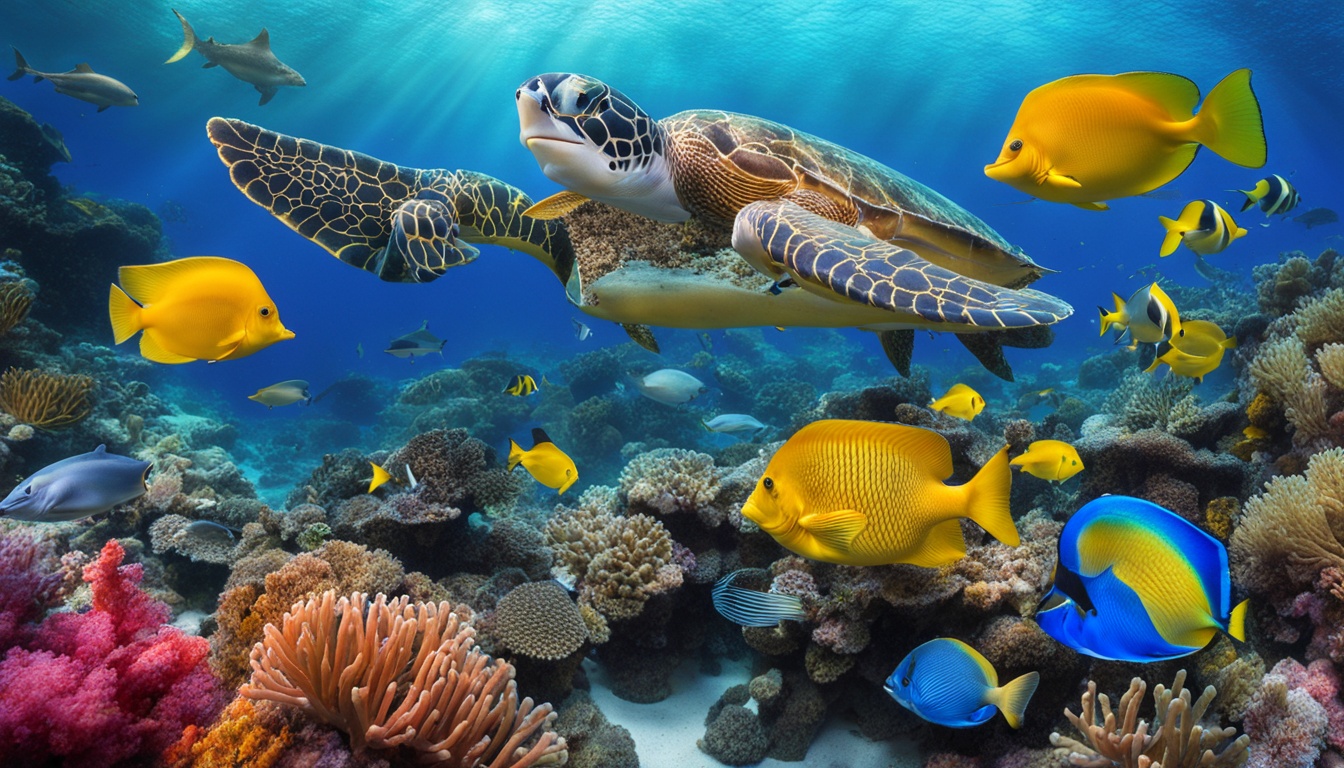All reptiles including crocodiles have a tongue but it works very differently from a human tongue. But they can’t stick it out of their mouth.

Does A Crocodile Have A Tongue?
All reptiles have a tongue. A tongue is a soft tissue muscle that is attached inside of the mouth cavity that serves one or more important functions.
However, nothing is as it seems for the crocodile.
Most tongues are used for ‘eating and heating’. Tongues help an animal catch or move food from the outside world to the inside world, or for releasing body heat, or taking on water to help cool down.
For them to be useful like this they need to be fully mobile and can usually be unfurled to stick outside of the mouth by a short or even – in the case of a chameleon – a very long way.
However, crocodile tongues are much more specialized. This is due to their unique eating habits and the evolutionary paths they have chosen since the time of the dinosaurs.
Working alongside changes in their habitats, diets, and biology – their mouths, and therefore tongues, have changed to be the most useful thing for them.
It might seem strange to us – but a crocodile’s tongue is very short, and is attached firmly to the bottom of its mouth. They can’t stick it out; waggle it around; drink with it or lick their own teeth clean.
Why Does A Crocodile Have A Tongue?
You might be wondering why – if it is so short and fixed in one place – do crocodiles even still have a tongue? Why haven’t they evolved not to have one at all?
Well, you obviously aren’t a crocodile.
Evolution usually works by making and retaining something more useful than it had before.
Animals and plants are changing slightly all the time and generally, things that don’t help them survive are lost – and things that do help them are retained.
Crocodiles are no different. Let’s take a closer look at why these seemingly unhelpful adaptations are actually a huge advantage:
Crocodiles Can’t Stick Out Their Tongue:
Thank goodness they can’t – this will save a lot of pain and bloodshed.
Crocodiles can bite down incredibly fast and with the strength to crush bones.
They also have up to 80 sharp pointed teeth in their mouth at any one time. Now imagine biting your tongue! It’s better not to have a flappy tongue at all than to have to worry about accidentally biting it every time you try to catch some dinner.
Are Crocodile’s Tongues Small?
A smaller tongue is stronger – and being fixed in one place means there is less energy to be lost when using it correctly.
Imagine if your eyes weren’t stuck in their sockets – how much time would be lost swinging them to face the right way?
Having a tongue that only needs to move upwards to close off the throat means that it can do its job without any issues – and it will do it more efficiently.
This is handy as the tongue’s main job is to keep water out of the throat when the crocodile is underwater.
Can’t Crocodiles Drink With Their Tongues?
I know a crocodile still needs to drink – but only from something, it is already laying in. No need for extending and lapping in puddles with their tongue – they just drop their tongue down in their mouth a teeny bit.
This simple action will allow the crocodile to swallow enough water to quench its thirst at any time.
Crocodiles Use Their Tongues To Cool Down:
Although crocodiles can’t hang their tongues out and pant as dogs do – they still use their tongues and mouths to cool off.
They open up their whole mouth to do this and do it for hours sometimes. Crocodiles are reptiles and have to control their body temperature by sunbathing every day – but they can’t get too hot either.
So, these clever crocs soak up rays on their body – but open their mouth if they get too hot. This releases some of the heat without them having to go find shade every time.
Crocodile’s Tongues Store Salt:
Crocodiles have evolved to live and feed in saltwater as well as freshwater so they needed somewhere to store excess salt to balance their body contents.
Saltwater causes the body to lose water and shrivel up – so crocodiles changed their salivary glands into clever salt-storage ducts instead.
Crocodiles don’t digest food in their mouths anyway – so the production of saliva wasn’t needed. It was swapped out for something they DID need. Perfect.











